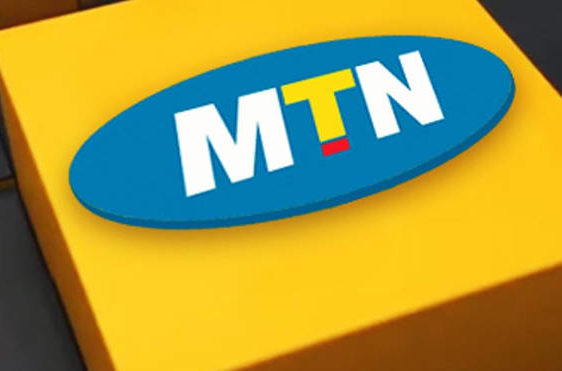More than $5 million expected in remittances in 2023 to ease forex pressure

The pressure on Ghana’s forex is expected to ease, with an expected $5 billion in remittances for 2023, following a $4.7 billion inflow of remittances in 2022.
The remittance for next year, together with the IMF $3bn loan-support programme, is expected to contribute to efforts by the government to have a stable economy and increased macroeconomic confidence.
Darryl Mawutor Abraham, the Growth Director in charge of Africa for Tap Tap Send, a remittance company, said this in an interview with the Ghana News Agency on Tuesday.
The company celebrated the Christmas with families who received money through them by giving locally produced rice and cooking oil to about 1,000 families who received remittances through the company.
Mr Mawutor was confident that the financial technology (fintech) sector would still be strong in 2023 and said: “I’m forecasting that the amount of remittances coming into the country would grow from $4.7 billion this year to $5 billion next year.”
He said the 4.4 per cent growth in remittances for 2022, per data by the World Bank Migration and Development Brief, which made Ghana, the second largest recipient of remittance in Africa would grow in 2023.
“We believe that every Ghanaian in the diaspora, if they choose to use Tap Tap Send, and other remittance platforms, we can hit this big, massive figure for Ghana, and it would help meet our foreign exchange needs,” he added.
Mr Mawutor, therefore, called for a stronger collaboration between the Bank of Ghana (BoG) and all sector players to ensure that Ghana earned more foreign exchange next year, noting that: “This would massively change the economy.”
He said: “This would make the IMF not that bad because it would ease the pressure on the Cedi and the pressure on the economy and make the Government to find some money to improve not only the economy’s health, but the life of everyone.”
On the issue of some remittance companies short-changing the Government in terms of revenue, the Growth Director said the Central Bank had put together a regulatory framework to make Ghana get what it was due.
He said that the Fintech and Innovation Office of the Bank granted licenses to fintech, remittance and consulting firms, worked with third parties and monitored their operations within the sector to makemonies pass through banks.
He said: “All our foreign entry inflows are still being Seen and going through an arm of the Bank of Ghana regulators. Now, it is up to them to work out how they can make some revenue from that source.”
Mr Wawutor, then cautioned against putting tax on remittance, saying: “Any tax on remittance would lead to people sending less. If people send less, there would be less foreign exchange in the country and there would be little foreign capital, which would negatively impact the economy.”
The Growth Director for Tap Tap Send, then asked the Government to come up with innovative ways to make commercial banks and license holders thrive and build a system to make some revenue from there.
He expressed their willingness to support the government to ensure that more revenue was generated to support national development and improve the livelihoods of the people.
Regarding the celebration of the festive season with their customers, Mr Mawutor said: “We’ve lots of
Loyal customers who send money through us every time, so, we’re saying thank you to them by helping them celebrate Christmas better by providing them with some items for their loved ones in Ghana.”
Madam Oforiwaa Yartey, who received a package of rice and cooking oil, told GNA that she was happy because it was the first time in more than five years that a company had made such a gesture.
Source: GNA






